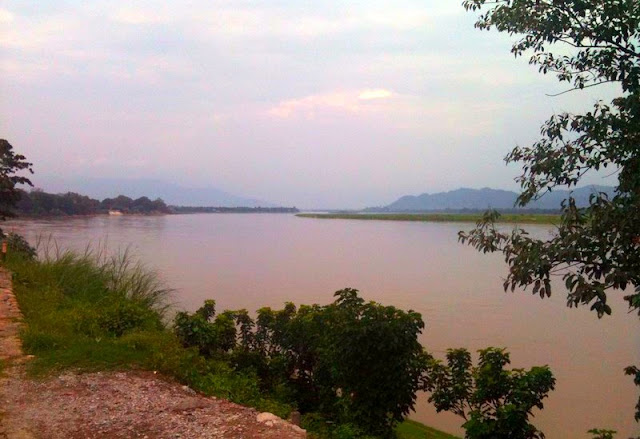What is the most effective, yet the simplest way to bridge the gap between hyperlocal stories and the global audience? How can you make heard the voices off the ground in an authentic, unaltered manner? There are quite a few ideas floating around, but the 'Voice from the Ground' project of Panos, London which brings the stories straight off the ground, stands out among all.
This is how it works:
Panos selects a journalist who has been reporting development issues for a while. The journalist follows an activist/community worker for about a month and presents stories, as told to her/him by the activist/worker. The story appears as first person account and this way, the reader gets to hear and connect with the voice of the ground directly.
 |
| Chhattisgarh: There are stories of inspiration waiting to be told in this land of despair and I am going to bring some of those stories on |
Panos selects a journalist who has been reporting development issues for a while. The journalist follows an activist/community worker for about a month and presents stories, as told to her/him by the activist/worker. The story appears as first person account and this way, the reader gets to hear and connect with the voice of the ground directly.







































